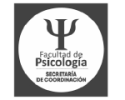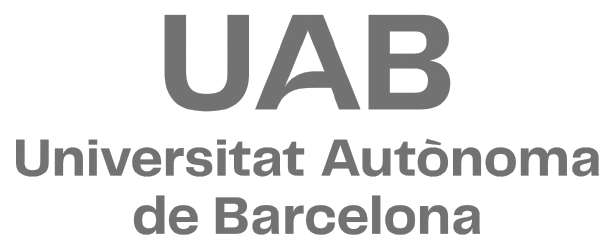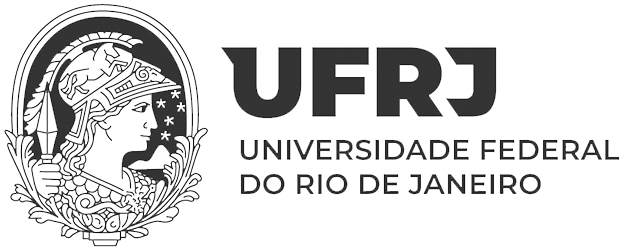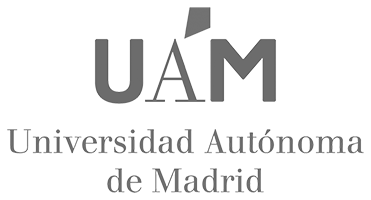Abstract
Attention Deficit Hyperactivity Disorder (ADHD) is a neurodevelopmental disorder that affects millions of children globally. Children with ADHD frequently struggle with impulsivity, hyperactivity, and inattention, which can impair their academic achievement. However, if given the right help, children with ADHD can thrive in the classroom and develop the skills they need to become engaged and productive members of society. In the classroom, ADHD presents unique challenges. One way to assist children with ADHD is to provide a friendly and suitable learning environment. This can be accomplished by providing teachers with the resources and instruction they require to understand ADHD and employ effective teaching methods. Additionally, children with ADHD can benefit from the use of developing technology to help them acquire the skills necessary for success in both school and life. The importance of teacher support in creating inclusive learning settings for kids with ADHD is examined in this article. It also looks at how new technologies might be strategically applied to meet the unique needs of these kids, encouraging both academic success and the acquisition of vital skills for involved and active citizenship. The paper explores professional growth, technology integration, and useful tactics while highlighting the value of cooperation between parents, educators, and tech innovators. Taking all these factors into account a key initiative is discussed named KIDSWELL project which is an Erasmus+ program aimed at supporting children with ADHD through a comprehensive and multifaced framework of teacher training, technological integration, and personalized learning plans in order to accomplish critical life skills, via the empowerment of teachers and engagement of parents bridging educational gaps by enhancing cognitive, emotional and social skills of students with ADHD.











